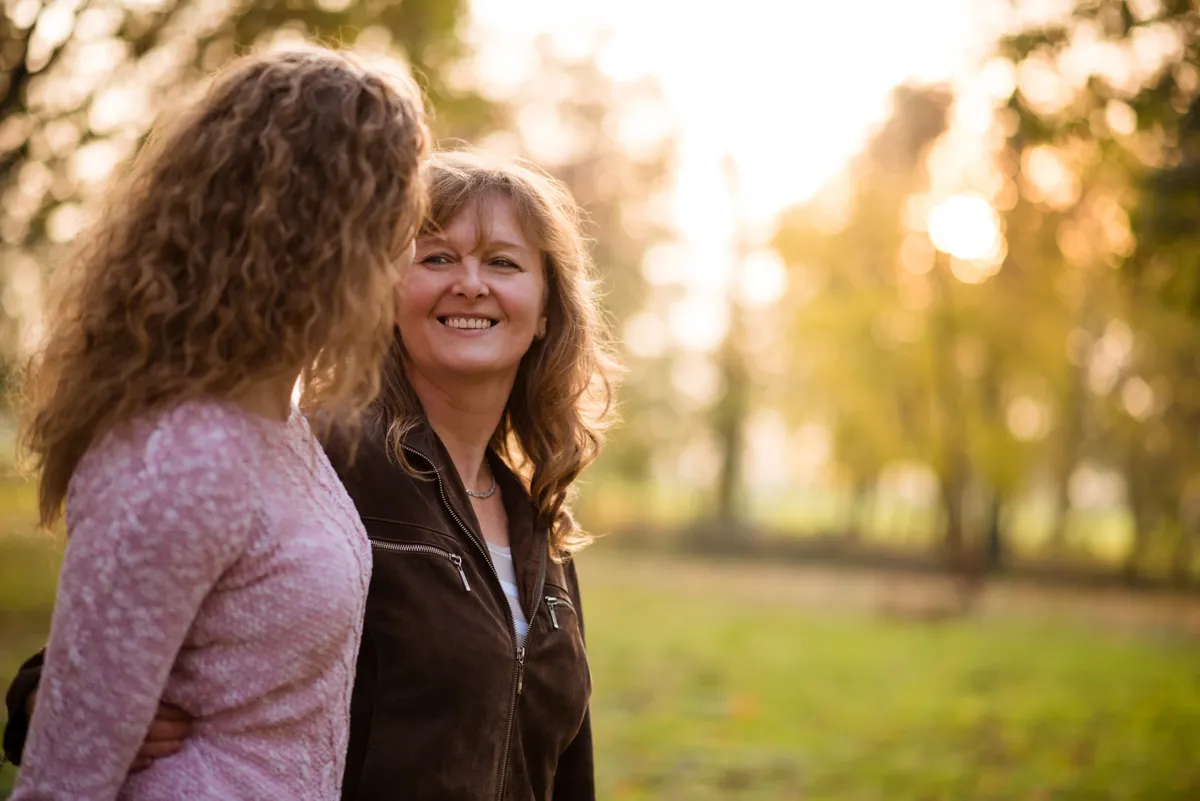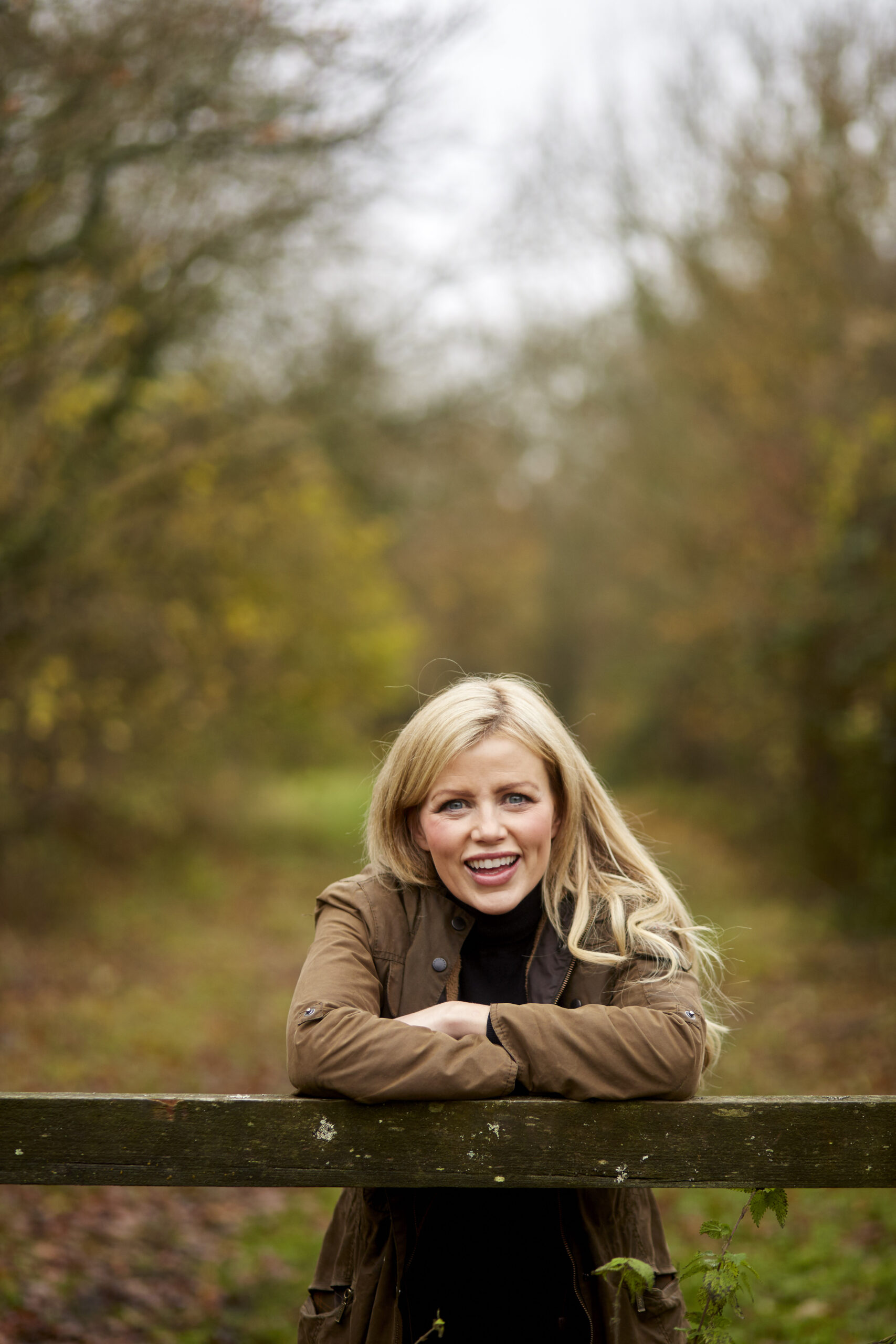“It’s all thanks to these amazing new contraptions – they call them ‘cars’ – that move people and their belongings from one part of the country to another,” I suggest helpfully when the objections roll in that we have filmed people with accents that don’t match the region. Such is our emphasis on coming to understand each other by wanting to know where we’re from rather than the rest of our journey.
But instead of yet another source of perceived difference, I’m pretty sure our interest in accents is something that helps us understand each other’s full life stories and creates a connection to the individual before us.

It’s a thing of wonder and perhaps pride that over small distances can be found significant variation in dialect across the land. As a West Country girl, I reckon I’ve got the ear to tell apart accents from Cornwall, Devon, Dorset, Bristol and Gloucester. Even though we all live so nearby and our lives aren’t that different, there are still cultural nuances that we enjoy getting to know away from home. It’s perhaps why TV series that are grounded in a distinct region, such as This Country, Peaky Blinders and All Creatures Great and Small, are enjoyed nationally.
Much to my embarrassment, when I first moved away from home to Manchester, aged 18, it took me a minute to get over my small-world but genuine belief that people only spoke like that on Coronation Street purely for the benefit of TV audiences. My Macclesfield friend pulled me into line by pointing out that she thought people only spoke like me on Worzel Gummidge.
Unconscious bias
It’s true that we inadvertently make judgements about people from their voices. The MP Angela Rayner and Tokyo Olympics presenter Alex Scott are among many who have publicly been at the sharp end of the prejudice. There are reams of research into preferences: ‘standard’ London-Oxford-Cambridge accents are supposedly rated highly on status and competence while ‘regional’ (read ‘everywhere’) accents are seen as more socially attractive. Businesses set up shop based on the perceptions: a funeral-planning business recently decided to open its new contact centre in South Wales, based on the idea that Welsh accents sound more empathetic and consoling – edging ahead of the friendly voices in Teeside.
But interestingly, when non-native English speakers rank our accents, the results are completely different, suggesting there is nothing innately (un)attractive about a particular accent, but that our social and cultural unconscious beliefs get in the way.
Multiple voices
Like landscape, accents aren’t fixed. They’re just a frame from a film. Even within a day, our accents will change depending on who we are talking to, in a process known as linguistic accommodation. My Dad sounded like he was back on Station Road in Sheffield when he spoke to his father, then switched back when talking to us. My daughter quizzes me about why I sound so different on TV, and different again in voice-over.
We don’t always speak in the tongue of our childhood home: my Canadian friend doesn’t match her Liverpudlian mum, and the lady checking me into the hotel in Scotland speaks an entirely new Scottish/Eastern European hybrid. One woman I filmed with had an accent so difficult to place – she told me she’d made it up in childhood, along with a whole new language.
Words do have power. But what matters is not the tone or texture or even delivery of those words, but the intention and meaning of what is really being said.
